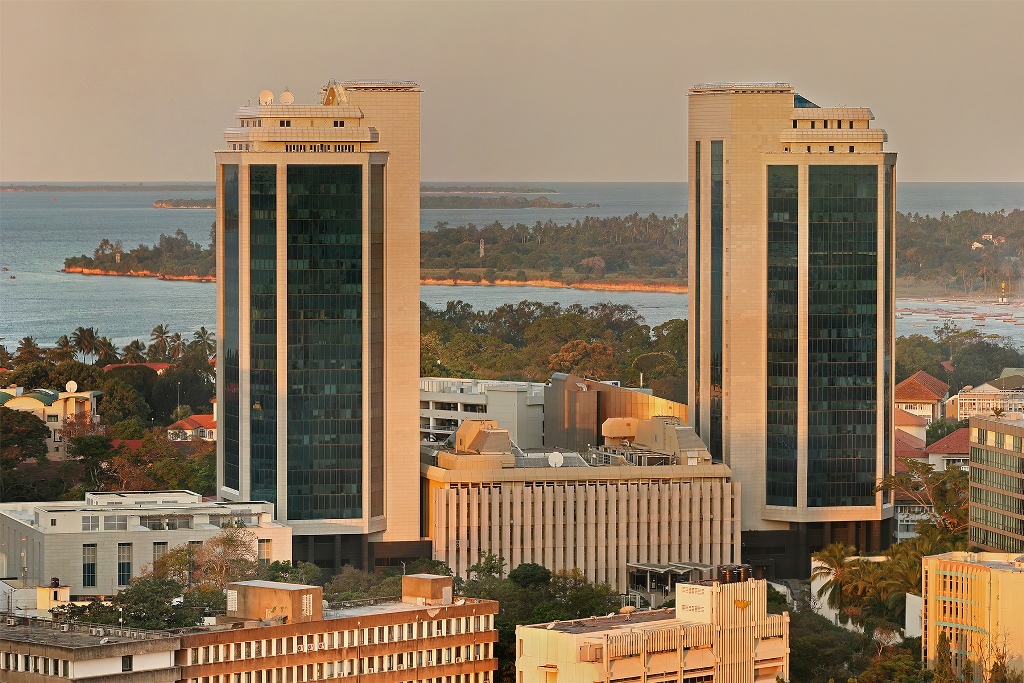AfricaPress-Tanzania: THE Central Bank has said extent of the impact of coronavirus on the economy and policy responses taken to cushion the situation will be reported in the subsequent publications of monthly economic review.
The Bank of Tanzania (BoT) said in its latest monthly economic review the impact of coronavirus on the economy was mild in the first two months of this year but the real picture was visible last month.
“The impact of the deadly virus was mild in January and February since most countries had not imposed trade restrictions and lockdown,” stated the report.
“As the spread of the pandemic disease deeply intensified towards the end of February, the impact on the economy became visible in March,” the report showed.
The report said there was also lagged impact linked with shipment of imports and exports.
Early last month, the BoT said it was monitoring closely the contagion effects of the novel coronavirus to country`s economy growth.
The Bank said the monetary policy could be affected in medium and long term if experts failed to contain the contagion before mid-year.
On the other hand, the Bank warned that the economy might suffer some challenges on monetary policy should the virus continue toward June and beyond.
Some of the sectors that are expected to be affected are tourism, mining, manufacturing, agriculture, trade and finance, banking industry.
Tourism will be mostly and immediately affected sector since many tourists are coming from Europe and China that have greatly hit and suffered from coronavirus.
The spiral effect of the tourism sector will impair movement of people tourists thus cutting foreign revenue, domestic income for tour operators, jobs, tax revenue and the like.
Also banks may suffer as companies’ especially on manufacturer and agricultural may fail to repay their debt in time since they too haven’t received raw material on time.
According to World Trade Organisation (WTO), world trade is expected to fall by between 13 per cent and 32 per cent in 2020 as the COVID 19 pandemic disrupts normal economic activity and life around the world.
The wide range of possibilities for the predicted decline is explained by the unprecedented nature of this health crisis and the uncertainty around its precise economic impact.
But WTO economists believe the decline will likely exceed the trade slump brought on by the global financial crisis of 2008‑09.
Estimates of the expected recovery in 2021 are equally uncertain, with outcomes depending largely on the duration of the outbreak and the effectiveness of the policy responses.
“This crisis is first and foremost a health crisis which has forced governments to take unprecedented measures to protect people’s lives,” WTO Director-General, Roberto Azevêdo said.
“The unavoidable declines in trade and output will have painful consequences for households and businesses, on top of the human suffering caused by the disease itself.”
“The immediate goal is to bring the pandemic under control and mitigate the economic damage to people, companies and countries. But policymakers must start planning for the aftermath of the pandemic,” he said.
“These numbers are ugly–there is no getting around that. But a rapid, vigorous rebound is possible. Decisions taken now will determine the future shape of the recovery and global growth prospects. We need to lay the foundations for a strong, sustained and socially inclusive recovery.
Trade will be an important ingredient here, along with fiscal and monetary policy. Keeping markets open and predictable, as well as fostering a more generally favourable business environment, will be critical to spur the renewed investment we will need.
And if countries work together, we will see a much faster recovery than if each country acts alone.”







